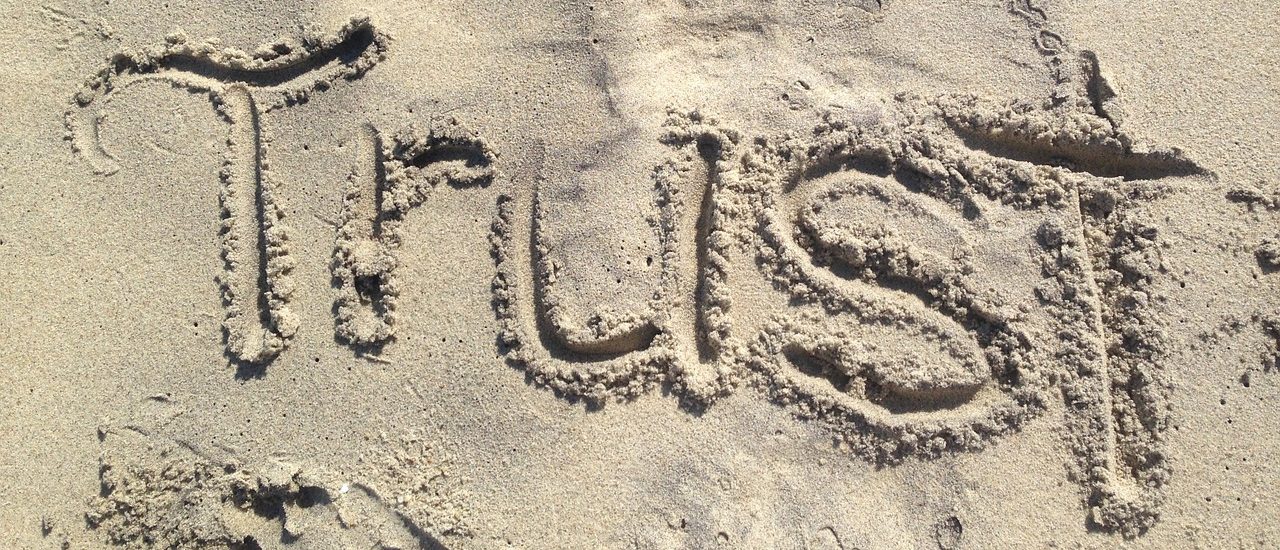I remember taking a walk with my wife in one of the towns along the Hudson. We stumbled upon an art gallery. From the window we could see an unusual amount of Judaica so we decided to walk in. In fact the proprietor was an Israeli woman, happy to see us she began showing us some of the Israeli masterpieces she had for offer. I remember her showing us one particularly colorful, busy piece of art. She told us that there was a story in this picture. It was a story about an old father with many sons. The sons all hated one of their brothers so they sold him to Egypt. There he became the assistant to Pharaoh. The brothers eventually reunited with him. Obviously it was the story of Yosef, which the owner of the art gallery had never heard. Her comment on telling us the story was “Ayzeh sipur nechmad!” What a beautiful story! I left the store very frustrated. I was disturbed about a very nice woman, who speaks the language of the Torah, who was born and raised in the land of the Torah, who sells art that describes the Torah, who never heard the story of Joseph and his brothers. “Is the story written somewhere?” she asked.
Aside from her ignorance, her upshot of the story left me baffled. Is the story of Joseph a beautiful story? Is a story about brothers who hated each other, about jealousy, about plotting to murder, about lying to ones father, about cover-up, about guilt and about mourning beautiful? What is so beautiful about the story?
There is however one part of the story that is indeed beautiful and perhaps represents the most important message of the Parsha. Joseph forgave his brothers. It defies imagination. Picture yourself stuck in a dangerous pit crawling with poisonous snakes, screaming out for help while catching a glimpse of your brothers sitting down to break bread, ignoring your pleas for mercy. Imagine your brothers selling you as a slave. Would you ever be able to forgive them? Would you be able to resist the urge to take revenge? Would you ever be able to kiss them and embrace them? Would you still identify with the name of your family? Would you adhere to all the families laws and customs after they caused you such profound pain? Would you have stayed in the fold? Joseph did all of these things. He didn’t assimilate; he didn’t become an anti-Semite. He defied every law of human nature.
Joseph was empowered by one sentence. “You didn’t send me here, G-d did!” The fact is they did send him there. The Ten Martyrs during the time of the Roman destruction of Jerusalem had to die because the brothers of Joseph sent him to Egypt. But from Joseph’s point of view that was between his brothers and G-d. That was something they had to deal with. As far as Joseph was concerned it was all an act of G-d. He was not the judge, he was not the administer of punishment, he was a brother and he was a Jew. He would act like a brother and he would act like a Jew.
I recently realized that the secret to forgiveness is belief in Hashem. I never understood the relationship so clearly as I do now. Without G-d it is between you and me. With G-d it is between you and G-d. It is not us that has to settle scores. It is not us that has to take revenge. It is not for us to play G-d. If we can memorize Joseph’s lines – “it wasn’t you that sent me here; it was G-d” relationships would be restored, marriages would be saved, friendships would flourish – Jerusalem would be completed.



0 Comments